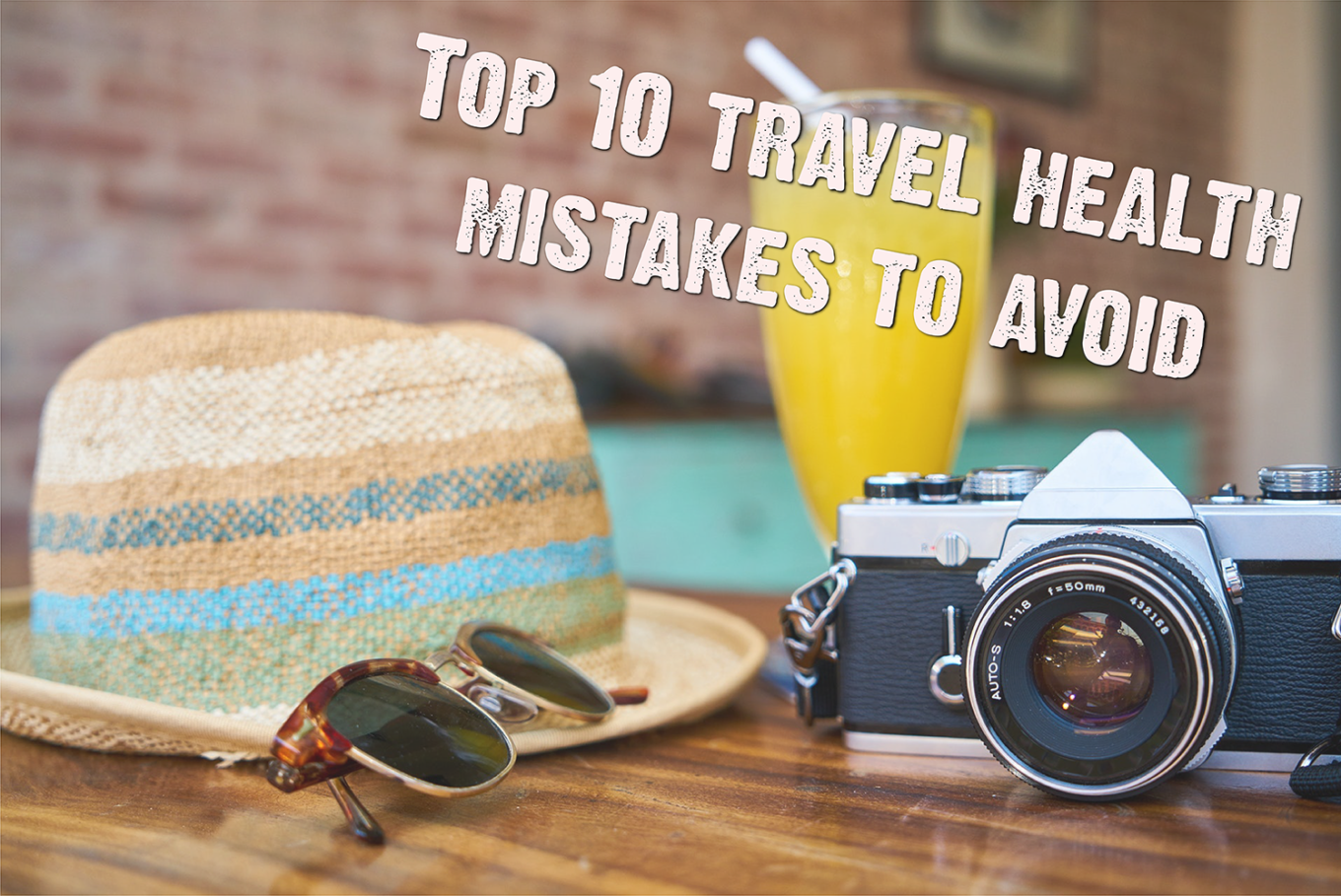
May 23rd, 2019
Top 10 travel health mistakes to avoid
By Josie Parker
Great news, you’ve booked your tickets and are all set for your holiday. But depending on where you’re travelling to, you might need to think about the risk of tropical diseases and insect bites when you go abroad.
So, Bug Off! has put together a list of top 10 travel health mistakes to avoid:
1. Leaving too little time for travel health
Travel vaccines can take several boosters before becoming effective, or take time to start working. Visit a travel clinic at least 8 weeks before travelling so that you have enough time to get all the injections you’ll need.
2. Forgetting mosquito repellents
No one likes getting bitten when on holiday! Make sure you take a repellent which contains 20-50% of the active ingredients DEET, PMD, Icardin or IR3535. As with other toiletries, if your bottle or spray is over 100ml then put it in your hold luggage.
3. Not checking travel health advice
There are some great travel health advisory services you can look at before setting off, including the NHS fit for travel website. These will tell you about any recent news on disease risks you should be aware of before you go.
4. Paying too much for travel vaccines
When going away for the first time, the bill for your vaccines can add up. A number of travel vaccines are available for free at certain GP clinics. These include polio, typhoid, hepatitis A, and cholera. Check with your local GP to see if they’re signed up to provide these travel vaccines.
5. Forgetting to reapply mosquito repellent
Most repellents last 4-6 hours (check the label). Cheaper brands with lower content of the active ingredient may wear off faster. Don’t forget to reapply regularly, particularly if you’ve been swimming, or exercising – water and sweat will make repellents less effective.
6. Skipping the sunscreen
Take sunscreen with you as it’s not always easy to find when overseas. Make sure your sunscreen has UVA protection, and SPF of at least 15.
7. Not buying travel insurance
If something does go wrong, making sure you have insurance will help you with costs of health care abroad. Check you’ve got the right cover for your trip.
8. Getting misled by mosquito myths
There’s a lot of unproven advice on how to prevent mosquito bites – don’t get caught out by these myths! There is no evidence that eating particular food, or taking certain vitamins can protect you from bites. Nor is there any evidence that devices or phone apps that buzz like a mosquito will stop insects from approaching. Don’t get misled by these dodgy claims.
9. Scratching that insect bite
Insect bites can stay itchy for a long time, and there’s a real temptation to scratch. However by doing so you may introduce bacteria into your skin, resulting in cellulitis, a serious skin infection which can require medical treatment. Use bite creams with anti-histamines to sooth itchiness.
10. Ignoring an illness
Some insect-borne diseases can take several days from getting a bite to suffering symptoms. Malaria symptoms may start 7-18 days after first infection, and dengue symptoms can take 4-10 days to appear. So even if you get sick after returning home, it’s important to see a doctor if you feel unwell or feverish.